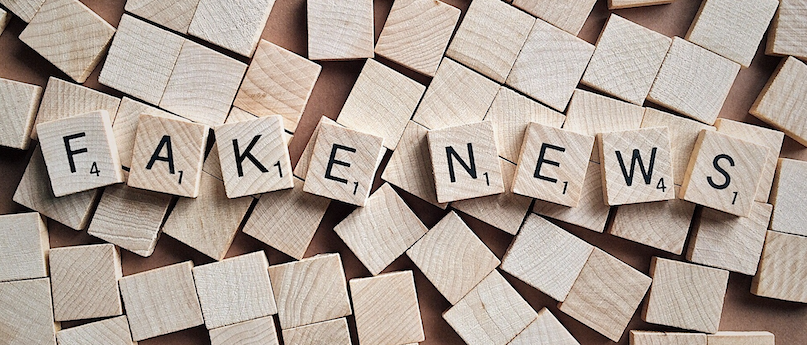Create Time 2019-01-15 11:01 Views:23377

Once upon a time, there was a promising entrepreneur who was proud to say that she had started a very successful small business, thank you very much. Eager to share her products with the world, she rushed into markets across different jurisdictions without investing in intellectual property (IP) protection. After all, she was just a small, local business! Surely no copycats would target her little-known products?
Blinded by her hard-earned success, the entrepreneur never worried about trademarking her assets until one day, she found a near-identical version of her product in a Big Box retail store selling under a near-identical name!
Worried about the future of her business, she rushed to defend her intellectual property only to discover it was too late. Her competitor had registered her ideas as their own, and there was nothing, from a legal standpoint, that she could afford to do about it. With help from the right experts, the entrepreneur did bounce back, but it was a while before she and her business lived happily ever after.
And the moral of the story is? You can't always trust everything you hear about trademarks. In today's digitally savvy world, information is more accessible than ever, but that doesn't necessarily mean everything you encounter is accurate.
To ensure you're as informed about the world of IP as possible, we've rounded up a hit list of seven common myths people believe about trademarks. Let the myth-busting begin!
Sorry, busted. Intellectual property can be broken down into three different categories depending on what type of IP you want to protect.
Trademarks protect any words, designs, scents, sounds or any combination thereof which are used to distinguish the goods and services of one business from another.
Patents protect new inventions.
Copyright protects authorship of creative works like books, music, movies, television, etc.
Don't sell yourself short; this is a myth! Even the smallest businesses can benefit from IP protection because infringement doesn't discriminate based on size. Your business is just as susceptible to copycats as the big guys are, if not more so when you leave yourself unprotected. Plus, registering trademarks can help legitimize your business and grow your brand. Sounds like a win-win to us!
Okay, sure, it's true that you can perform your own free Google search to check whether your desired mark is in use elsewhere. You can also search symptoms online when you feel sick, but that doesn't mean you'll get accurate results. When you choose to go it alone, you run the risk of facing potentially expensive oppositions down the road to registration.
The best way to check the availability of your desired mark? Go with the pros! Get help from an attorney, or hey, trust the experts at Witmart to give you a hand for far less than you'd pay to hire a traditional law firm.
False, but this is a tricky one because trademark registration can be very expensive when you file with a traditional law firm. Many entrepreneurs think that attorneys are required to register a trademark, but this simply isn't true. That said, the process can be complicated, long and tedious, so getting help could be a worthwhile option. Just remember, it doesn't have to be a lawyer, you also can consult other professionals. Might we suggest one of our certified trademark agents? Okay, you get it, we're awesome. We';ll stop harping on about it (for now).
Nope, sorry. As awesome as that would be, each trademark registration only protects you in the location to which you've applied. So if you register a trademark in Canada, you won't be protected in the United States unless you also file there.
Surprisingly, this myth = busted. The TM symbol can be used prior to registration to signify common law use and/or intent to register, with limited legal protection. The circle "R" symbol, on the other hand, is used in association with goods or services for which a trademark has been federally registered.
False, false, false. A registered trademark is protected for a limited time only, with variant timeframes for each jurisdiction. Currently, Canadian trademarks are protected for 15 years from the registration date, but after June 2019 this will change to the international standard of 10 years, as is the case in the United States, China and elsewhere. You can renew your trademark after this time.
With these notorious seven myths debunked, you're now more ready than ever to protect your company assets from infringement and copycats. Its a misleading world out there, but you don't have to go it alone. Witmart is here to help guide you through the entire process, and this blog is a great place to start.
Want help navigating the confusing world of trademarks? For the expertise you need at a price you'll love — Witmart is the number one choice for all your intellectual property needs. Visit our website today to learn more!
Disclaimer: This website is not intended to offer legal advice or to be a substitute for a consultation on a case-by-case basis with an attorney. The information provided above is meant for informational purposes only and may be subject to change.
© 2019 Witmart, Inc. All Rights